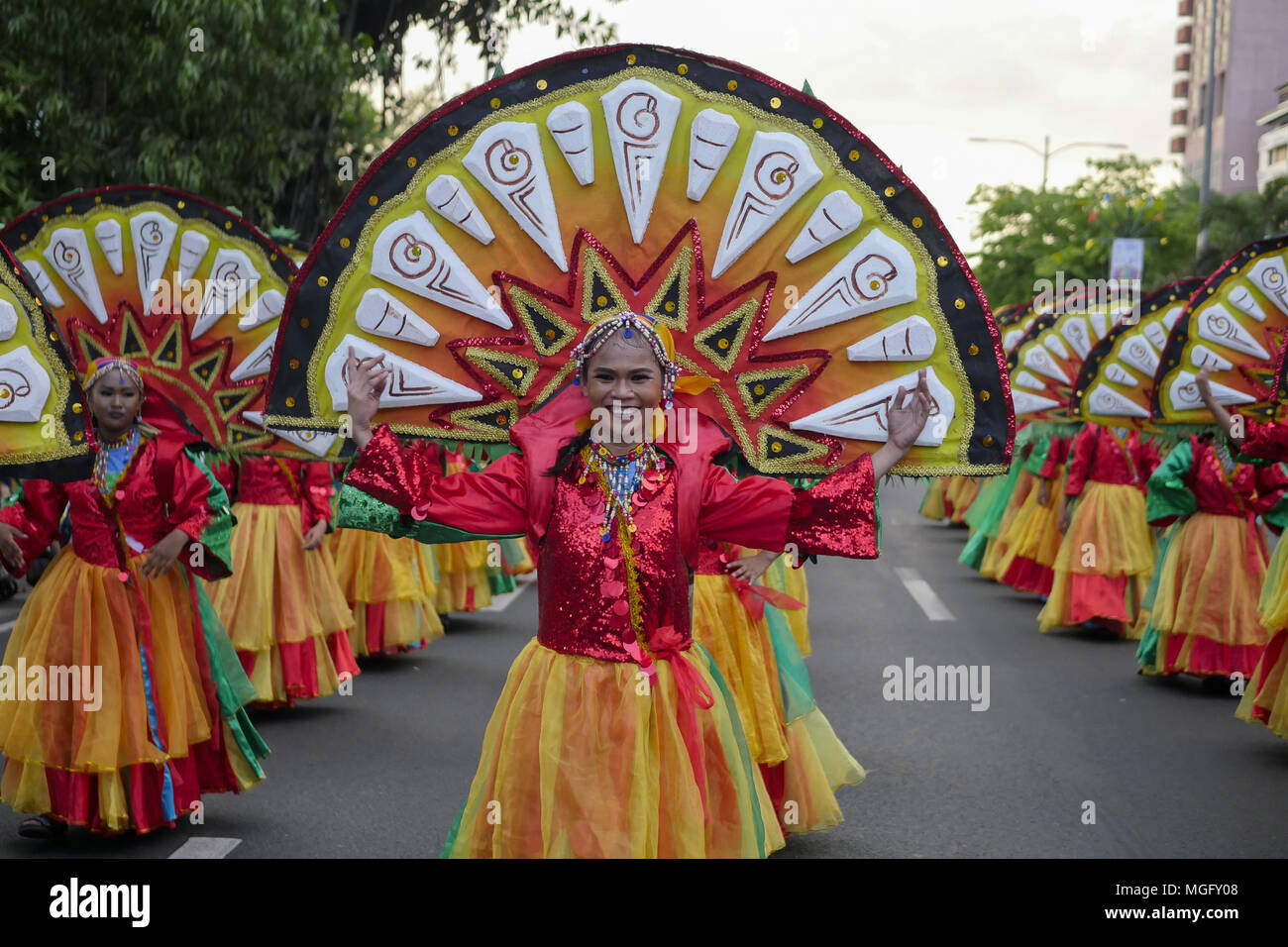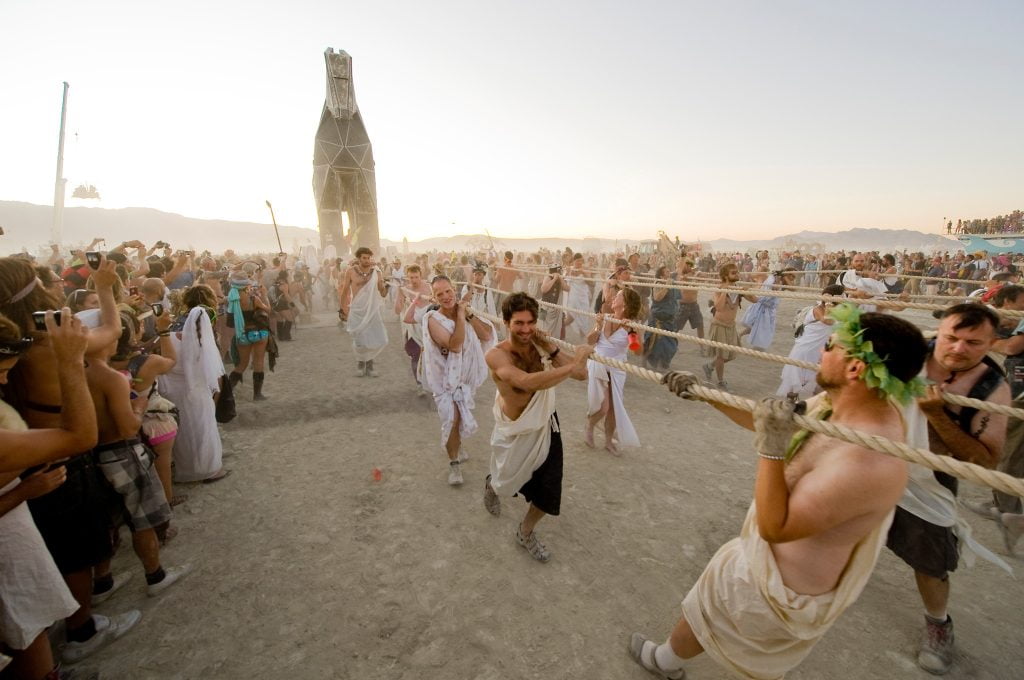Unravelling the mysteries of ancient festivals often leads to intriguing questions, one of which surrounds the Dionysus Festival: did people have sex during this vibrant celebration? The Dionysus Festival, dedicated to the Greek god of wine and fertility, was characterized by wild revelry and uninhibited behaviour. As we delve into history, we are confronted with controversial speculations and scholarly debates about the sexual practices that may have occurred during this event. Join us on a journey through time as we explore the depths of this intriguing topic, shedding light on the customs and rituals surrounding the Dionysus Festival.
View this post on Instagram
Introduction to the Dionysus Festival
The Dionysus Festival, also known as the Bacchanalia, was an ancient Greek festival dedicated to Dionysus, the god of wine, fertility, and ecstasy. It was enthusiastically celebrated and revelled in, often involving processions, feasting, music, and dance.
Origins of the Dionysus Festival
The Dionysus Festival originated in ancient Greece as a way to honour Dionysus, who was believed to bring joy and liberation to his followers through the consumption of wine.
Legend has it that Dionysus was the son of Zeus and Semele, a mortal woman. He symbolized the dual nature of life, representing both the chaotic and the divine.
Modern Interpretations of the Festival
In modern times, the Dionysus Festival has been reimagined in various forms, including theatrical performances, arts events, and cultural celebrations.
It continues to evoke the spirit of revelry and abandon that characterized the ancient festivities.

Historical Background of the Festival
The Dionysia festival in ancient Greece was a significant event honouring Dionysus, the god of wine, fertility, and ecstasy. The festival was celebrated with theatrical performances, music, revelry, and various rituals. It was an occasion for the community to come together, indulge in merrymaking, and pay homage to Dionysus, the patron of the dramatic arts.
Ancient Origins
The Dionysia festival dates back to the 6th century BCE in Athens. It started as a rural festival before becoming a major civic event. The festival consisted of various competitions, including dramatic performances, choral contests, and processions.
Religious Significance
The festival was a time of entertainment and held deep religious and spiritual significance. It was believed that through the rituals and celebrations, the participants could connect with the divine, experience catharsis, and renew their ties with the community.
Rituals and Celebrations at the Dionysus Festival
The Dionysus Festival, an ancient Greek festival dedicated to the god of wine and ecstasy, was not devoid of controversial rituals that have intrigued historians. While the exact details remain a topic of debate, the question of whether people had sex in the Dionysus Festival is a recurring one due to the festival’s association with unrestrained revelry.
Dionysian Rituals
Participants in the Dionysus Festival engaged in various rituals, such as processions, performances, and Dionysian mysteries, to invoke the god’s presence. These rituals often involved music, dance, and theatrical performances depicting Dionysus’s life and exploits.
Libations and Offerings
During the festival, wine, grapes, and other produce were offered to Dionysus as libations, symbolizing fertility and abundance. People indulged in feasting and drinking to honour the god, fostering a sense of community and camaraderie.
Social and Cultural Significance of the Festival
The Dionysus Festival, steeped in ancient Greek tradition, celebrated fertility, wine, and passionate revelry. While there is historical evidence of hedonistic practices during the festival, historians and scholars debate the notion that people engaged in explicit sexual activities as a religious rite.
Historical Context
The Dionysus Festival was a time of liberation. Social norms were momentarily set aside, allowing participants to indulge in uninhibited behaviour. This temporary suspension of conventions served as a form of catharsis for individuals, releasing pent-up emotions and desires.
Some interpretations suggest that certain rituals within the festival may have included symbolic acts that represented fertility and the cycle of life, rather than explicit sexual encounters.
Cultural Impact
The festival held immense cultural significance in ancient Greece. It facilitated a sense of community and shared identity among participants, allowing them to connect with their primal instincts and revel in the joy of life.
Although the exact nature of the festivities remains shrouded in mystery, the Dionysus Festival undoubtedly played a pivotal role in shaping Greek culture and religious beliefs.
Controversies and Myths Surrounding the Festival
Exploring the controversies and myths surrounding the Dionysus Festival often leads to intriguing discussions. While some scholars debate the extent of sexual activities during the festival in antiquity, others point to the symbolic nature of the rituals.
Historical Interpretations
Historical interpretations vary, with some suggesting that the festival included libations rather than explicit sexual acts. Recent research has shed light on the complexities of ancient religious practices.
Modern Misconceptions
Despite historical evidence, modern misconceptions perpetuate the idea that the Dionysus Festival was solely focused on sexuality and revelry. While sensuality was part of the festivities, it was intertwined with deeper cultural and spiritual meanings.
- Myth: All participants engaged in sexual activities (Updated data)
- Myth: The festival was solely about debauchery (Insights from current studies)
Modern Interpretations and Adaptations of the Festival Traditions
Over the years, the Dionysus Festival has undergone several modern interpretations and adaptations, shedding light on the varied aspects of the ancient tradition.
Contemporary Art Installations
Many contemporary artists have drawn inspiration from the Dionysus Festival, incorporating its themes of revelry and ecstasy into their work.
Some installations explore the blurred lines between sexuality and spirituality, echoing the provocative nature of the ancient festivities.
Virtual Reality Experiences
With technological advances, virtual reality platforms now offer immersive experiences that simulate the ambience of the Dionysus Festival.
Participants can virtually engage in rituals and festivities, providing a unique perspective on the historical event.
Frequently Asked Questions
- What was the Dionysus Festival?
- The Dionysus Festival was an ancient Greek festival dedicated to Dionysus, the god of wine, fertility, and ecstasy. It was a significant religious celebration that involved various rituals, performances, and processions.
- Were sexual activities a part of the Dionysus Festival?
- Sexual activities, including orgies and sexual symbolism, were believed to be a part of the Dionysus Festival. The festival was known for its uninhibited nature and celebration of fertility.
- Is there historical evidence of people having sex during the Dionysus Festival?
- While there are references to sexual elements in the Dionysus Festival in ancient texts and art, the exact extent and nature of sexual activities during the festival remain a topic of scholarly debate.
- What was the role of sexuality in ancient Greek festivals?
- Sexuality was often intertwined with ancient Greek religious practices and festivals. It was believed to be a way to connect with the divine, promote fertility, and celebrate the cycle of life.
- How do historians interpret the sexual aspects of the Dionysus Festival?
- Historians have different interpretations of the sexual aspects of the Dionysus Festival. Some view it as a form of religious expression and fertility symbolism, while others see it as a more ritualized practice with symbolic meanings.
Unveiling the Truth: Intimate Revelries at the Dionysus Festival
Exploring whether people engaged in sexual activities during the Dionysus Festival has uncovered a mix of historical speculation and modern interpretations. While concrete evidence remains elusive, the festival’s origins in fertility celebrations and the god’s associations with unrestrained revelry do lend credence to such practices. Whether it was a common occurrence or a sporadic indulgence, the notion of sexual liberties intertwined with religious festivities offers a fascinating glimpse into ancient rituals and beliefs. As we navigate the annals of history, the Dionysus Festival invites us to ponder the intersection of taboo desires and sacred traditions, painting a vivid tapestry of human behaviour through the ages.




